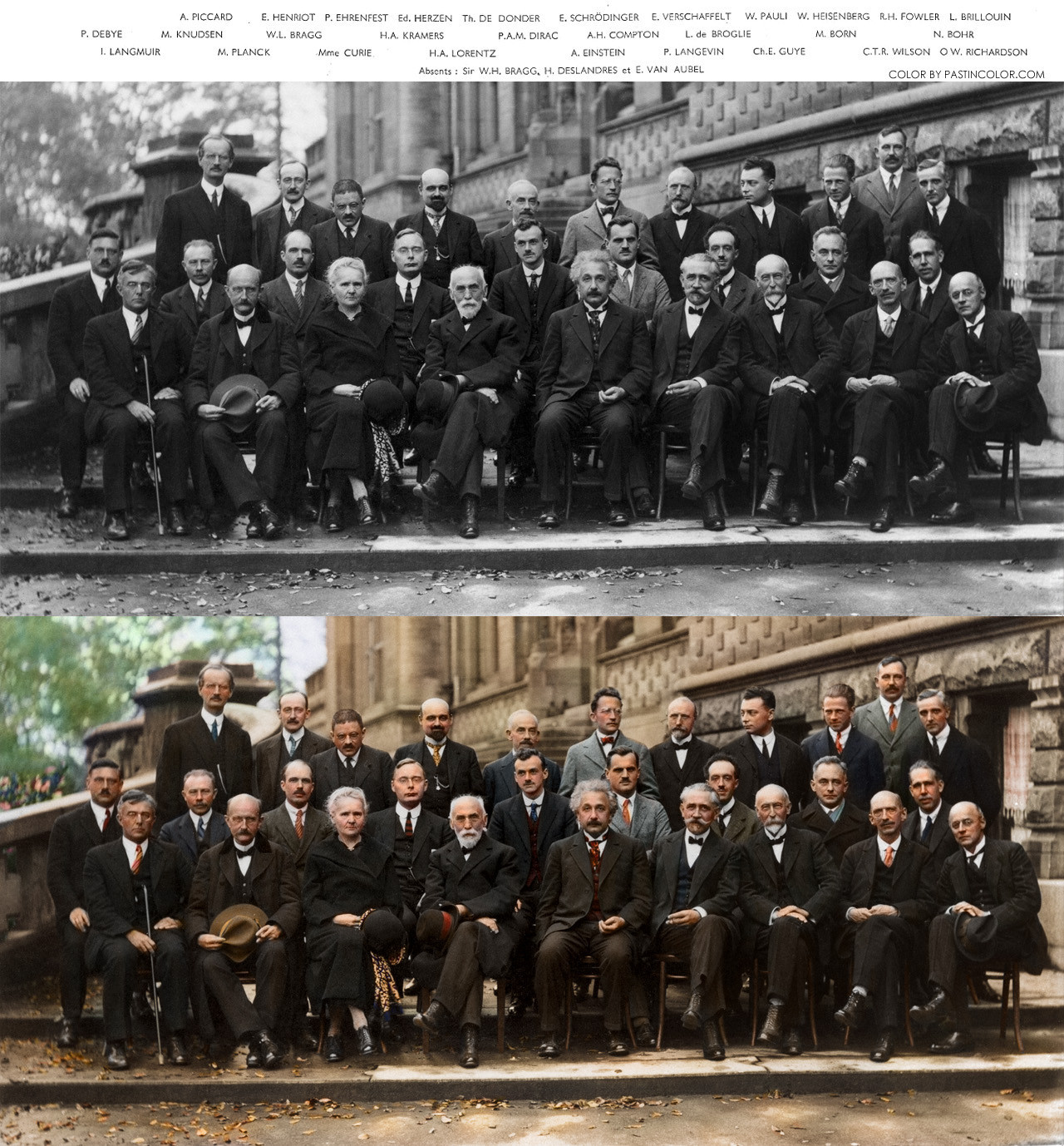Just because they’re still around, valid as ever. Despair.com – yes from the days when .com wasn’t even a rage yet and that was called a rage not a hype. But just check them out yourselves; in awe for the veracity of motivation.
Leaving you with a random:

[Your aim. Their ©]
Category: Books by Quote
Not much on the books
Soo… We have been hearing for years, maybe for a decade already, that print books were completely dead, either already or within a couple of years … And now, the reports are that ebooks have an whopping … 15% market share. No, no typo, not 85% or 95% or even 105%, but just 15%.
So much for the Through of Disillusionment …
What if … what if subsequent ‘trends’, that are a great many in number, since, would have the same exponential quod non growth rates hence amount to not much ..?
Yet … As ‘exponential’ i.e. sigmodial-at-best growth goes, big blots on the hype-radar but under the actual radar of real life?
A lot of lapidary references. Hence, for now I’ll leave you with:

[Old but ‘still’ very fashionable in its entirity, London]
Grendel’s mother
When the short summary doesn’t do justice to the core of the problem… Where the core is both a misreading of the depth and a misreading of its intentions.
As this here few little paragraphs have. There’s no light way of putting this: Go read the … thing in its entirety and then, do understand it in all of its cultural superiority to today’s news accounts.
Yes, for the simplest of minds it may read like just a story. Hero, this, that, done. But to the slightest of more careful reader, it is overwhelmingly clear: The book contains so much profundity on the core of politics, societies, and clashes of war. Then you see that it’s not about slaying Grendel and some afterthought. It is about slaying the symptom, the fed, and only then can you get to fighting the real cause that (literally) both birthed and feeds the symptoms, the Mother of Evil. Pointing, too, at the continuity through generations of that concept.
Oh and did it mention anything about brothers or (maybe even worse ..?) sisters ..? Opening up all sorts of options for prolongation through the ages of this tension between what one (sic) could regard as Good and another (sic) as Evil? Mother doesn’t see Evil, she sees her pride, her son displaying the most beautiful (s)he can imagine. Yo don’t even know which side you’re on! Etc.
Yes indeed. It is simply not simple. It is The World As We Know It, and Man cannot change much about it…
For the latter, see how Western ‘powers’ led by the one, try to meekly and halfheartedly subdue Grendel in the Middle East; just enough to safeguard their own interests. Where they don’t see the full depth of mother’s lair, nor her issues. For those less ‘sues’, read this and see the eternity of the problem.
For now, this:

[Ah, bull fighting (at Sevilla no less): Another such eternal struggle between Good and Evil, order and reason against pure force of nature – so often completely mistaken for simple ‘sports’. Cruel, to the Weak (sic) but not to those that value its depiction of life itself; that have experienced and/or seen much worse in human life, in person.]
Morozov’s no joke
Just a vey few:
“The fear of appearing inauthentic, of being a fake, has propelled nearly as much technological innovation as pornography.”
“But Adorno does have a point: authentic things are not necessarily morally good, and morally good things are not necessarily authentic.”
“In this, the authenticity rhetoric of Facebook is strikingly similar to the public debates in 1950s America over whether uniformity (everyone living in mass society is essentially the same) was a greater sin than conformity (some people adopt ideas, habits, and beliefs only to get along). The latter, the conformists,were seen as phonies who chose to be someone else; the former, those who were uniform by design, were seen as the real phonies – as people who thought they were making choices and being their unique selves, when in fact they were anything but.”
Worrying about usability – the chief concern of many designers today – is like counting calories on the sinking Titanic.”
The goal of privacy is not to protect some stable self from erosion but to create boundaries where this self can emerge, mutate, and stabilize.”
“Digital technology has greatly expanded the windows and doors of our own little rooms for self-experimentation – but we are now at a point where those rooms are on the verge of turning into glass houses.”
“Given the complexity of the self, trying to reduce the privacy concept to a purely utilitarian framework is like steamrolling a statue to capture its essence in the simpler space of the two-dimensional plane.”
Oh how many more such insights are there, to Learn. And weep. For that:

[Yes, Gettysburg battlefield. Ominously.]
Tip: Morozov’s Click Here
Ah, maybe I’m the one not having paid attention, but I see so little response (which would be: digesting and repeat) of the ideas of the great Morozov in his To Save Everything, Click Here, as e.g., here (to be clicked).
Which is quite a contrast with his content, having a major discussion area in itself, about every other paragraph throughout. Yes, that makes it just a little bit harder to retain the main plot (?) line and the ‘details’ as well; it seems a bit like the asymmetry in information security where the defence will have to fight (? debate, rather) on all sides when attackers (the ones with the blindingly large blinds/blinkers on, headless chickens) can move their individual spearhead attacks forward anywhere – but in this Morozov case, one can count on the defense having the much more and more importantly, much better, arguments on its side. One should not count arguments, but weigh them (Cicero).
“Huh, no content of the book here …” Indeed not. Get it and read! I’m off now to finish reading, leaving you with:

[Ah, the one little part where The Hague is somewhat like a big Milanish / Parisian city; unedited hence the off light conditions]
Care-ful Carr
[In Dutch] Een boekbespreking…:
[Edited to add, this just in: Zelfs deze eminence grise denkt dezelfde kant heen…]
In zijn roemruchte artikel IT Doesn’t Matter (uitgewerkt in boekvorm: Does IT Matter?) maakte Nick Carr duidelijk dat de T van IT niet zo relevant (meer) is. Dit leidde tot een storm van protesten van degenen die baat hadden bij het behoud van het belang van de T. Steve Ballmer noemde het artikel “grote onzin”; hoeveel groter kan een compliment zijn ..? In de opvolger The Shallows (het Ondiepe) werkte hij dit verder uit naar een maatschappelijk niveau: Wij worden door gemakzucht van kritisch (diep) nadenkende burgers tot slappe oppervlakkige volgzame consumenten van informatie-fastfood.
In zijn nieuwste meesterstuk De Glazen Kooi (The Glass Cage) trekt Carr deze lijn door: Wij gaan als mensen daadwerkelijk anders denken; onze hersenen veranderen door de steeds verder doorzettende informatierevolutie. En anders dan bij de industriële revolutie zitten er steeds minder mensen aan de knoppen. We raken de regie kwijt…
Caar toont dit aan met een reeks van anekdotische, maar representatieve, voorbeelden. Waarbij hij telkens weer waarschuwt voor de degeneratie van onze hersenen en ons denken dat hierdoor wordt gestimuleerd. In wezen is dit dus een trendbreuk naar een negatieve spiraal, nadat de mensheid steeds slimmer was geworden. Afgezien van de vraag of de opwaartse lijn naar een Hegeliaans ideaal eindpunt voorheen überhaupt wel gold, zijn de tekenen van neergang nu onweerlegbaar voor de mensheid, net op het punt dat de Rede het van de mens gaat overnemen. Ondanks Carr’s onterechte idee door het hele verhaal dat machines nooit even creatief en weldenkend en … noem uw favoriete Menselijke eigenschap, zullen zijn als mensen – de uniciteit van de Mens telkens opnieuw zo moeten definiëren, is wél altijd al een terugtrekkende beweging gebleken.
Dit staat dan tegenover de optimistische visies van Kurzweil en anderen. Wie eerst De Glazen Kooi leest en daarna nog eens The Age of Spiritual Machines, zal zien dat de laatste toch wel wat naïef is… Beide naast elkaar houdend, lijkt het erop dat de dystopian visies op de Singularity en daarna, toch vooralsnog de beste argumenten hebben. Nu is het (ook) van alle tijden dat zulke negatieve visies de ronde doen. Carr weet dat, en is au fond ook niet alleen maar negatief – hij waarschuwt juist voor het gemakzuchtige idee van de optimisten dat er vast wel oplossingen voor de fundamentele ethische vragen van de nabije (sic) toekomst zullen komen én hij koppelt dat aan een oproep om in ieder geval op pad te gaan om die oplossingen met z’n allen te gaan maken. Niet afwachten dus, maar vormgeven.
Al met al is (ook) dit werk van Carr dus van harte aanbevelenswaardig. Omdat het geen juichverhaal is, en omdat het geen droefenis alom is. Maar een eye opener, één die ertoe doet en inzicht geeft, leert.
Pulling, and pushing the compliance boundaries
A reblog again, delving into the breath of being the peers that pressure towards conformity or be the Maverisk that wants to prevent stale and mould. Read past the starting stuff, and find the value of nonconformity explained. If you don’t see that… You may be the one most in need …
And,
 [Accelerating, not so bad]
[Accelerating, not so bad]
Spoilt
The Internet has finally spoilt me: In this…








